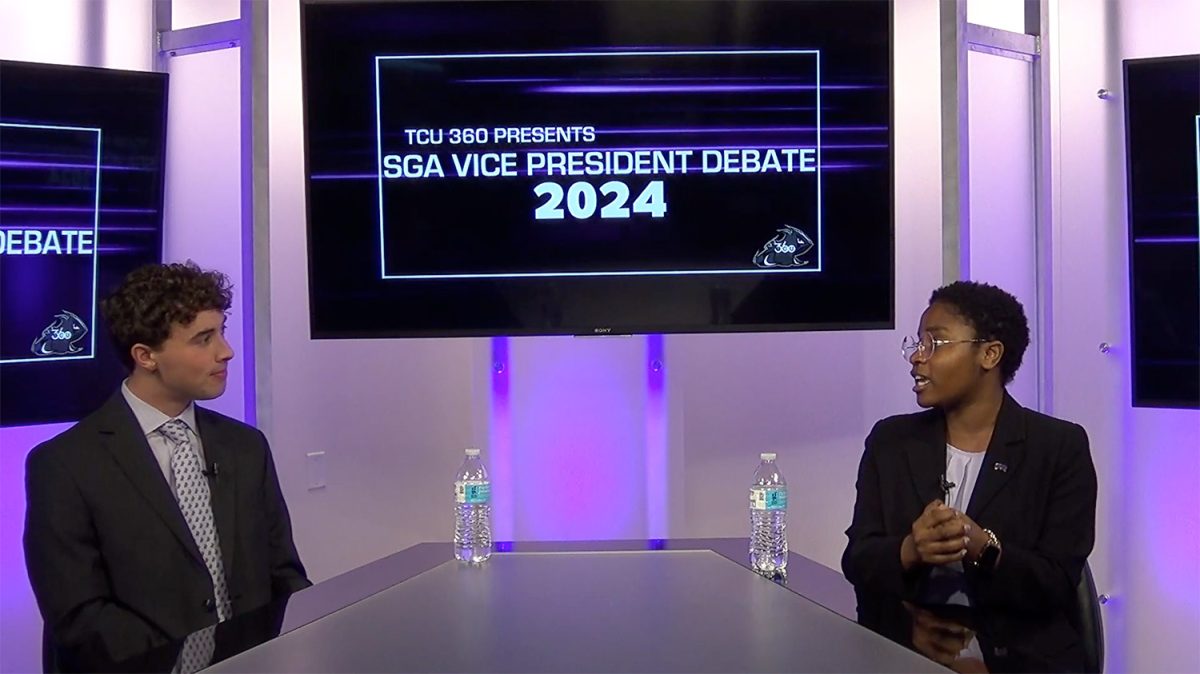With ongoing talks of a possible summit between the United States and North Korea to address their nuclear weapons, I am cautious. Though I firmly believe in the power of diplomacy and creative solutions (the success of the Iranian Nuclear Deal is an example), I am immensely skeptical that such a negotiation will benefit the United States. Instead, our best option is containment.
North Korea has said it is open to giving up their nuclear weapons, but from a North Korean perspective, it is disadvantageous to relinquish them. Their nuclear program cost them decades of crippling sanctions and isolation from the international community. They chose to incur these costs, though, for the sake of deterrence.
A nuclear weapon is the ultimate insurance policy for the survival of the Kim Regime as it ensures that the United States will not invade North Korea. North Korea has a strong interest in preserving that deterrence.
In the past, North Korea has also deceived the international community over its nuclear program. The United States, South Korea and Japan were in talks with the North during the Clinton administration and though promising, the deal ultimately collapsed when it was revealed the North had continued its nuclear program in secret.
Negotiations often end with North Korea demanding ridiculous terms without making concessions of their own. Talks, for the sake of understanding, are a positive de-escalation that I welcome but based on their past behavior in negotiations, along with the simple fact that they do not want to give up those weapons, I do not trust the North.
I am also cautious of the Trump administration’s ability to negotiate in this situation. Our secretary of state was fired a week ago and his replacement is one of the most vocal critics of the Iranian Nuclear Deal. He has no interest in negotiating a successful nuclear deal with North Korea if he built his political career around opposing negotiations with Iran.
Mike Pompeo, Director of the CIA, will become our new Secretary of State. He will do a fantastic job! Thank you to Rex Tillerson for his service! Gina Haspel will become the new Director of the CIA, and the first woman so chosen. Congratulations to all!
— Donald J. Trump (@realDonaldTrump) March 13, 2018
Under this administration, we still do not have an ambassador to South Korea and we recently retired our special envoy to the North. Diplomatically speaking, we are in the dark. If such negotiations were carried out, we do not have the expertise to advocate for the United States’, and the world’s, best interest.
The Iranian Nuclear Deal was a different story. American negotiators employed wide technical expertise over the course of years with a nation that was far more willing to join the international community than the hermit kingdom is. Iran also did not have a nuclear bomb and was using their nuclear program as a bargaining chip for sanction relief. They also elected a more moderate leader who felt that Iran will have a brighter future if it cooperates with the international community. I welcomed that.
During these talks, the former Secretary of Energy, Ernest Moniz, a nuclear physicist, was brought on to advise the administration on the specifics of the deal. I doubt current Secretary of Energy, Rick Perry, has any employable skill in these negotiations.
We must also understand that a deal with North Korea will signify to the Iranians that the US is an unreliable partner. If we allow sanction relief for North Korea, as a reward for developing nuclear weapons, the Iranians will choose to develop their nuclear weapon and an arms race between Middle Eastern states is then likely.
That potential rippling effect has the ability to destabilize the region. The United States should be extremely cautious.
If the President does sit down for negotiations, he must understand the North does not plan to give up their nuclear weapons. They will most likely ask for sanction relief while discreetly improving their rocketry. I do not have faith in a regime that has worked so long and so hard to obtain these weapons, only to say they are willing to give them up. I also do not believe the Trump Administration, at this time, has the technical expertise on hand or the will for a successful negotiation.
North Korea is now a nuclear power and once a nation crosses that threshold, they have no incentive to return. The United States must accept that.
The focus now should be on containment, to make sure other regional powers do not develop their own weapons and further endanger the world with a new arms race. I have always advocated for diplomacy, so I strongly believe in having these first talks. However, my cynicism on North Korea and this administration is warranted. Negotiations will bear no fruit, and containment should be our new policy.





